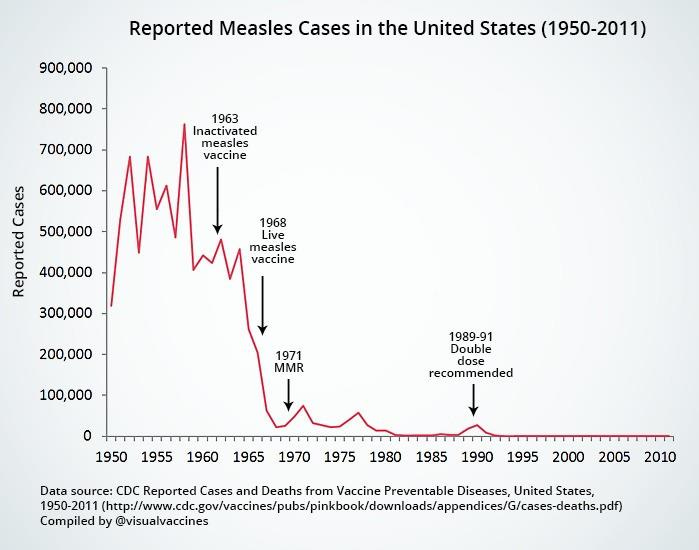The saturated vs unsatured fat study was already done and either had been fogotten about or purposely hidden away.
See the hidden data section at 9:14 in this video:
https://www.youtube.com/watch?v=rQmqVVmMB3kThe $100 Billion Dollar Ingredient making your Food Toxic
https://apnews.com/article/seed-oil-bee ... 4ede789295
Kennedy and influencers bash seed oils, baffling nutrition scientists
Robert F. Kennedy Jr., the new health secretary, has said Americans are being “unknowingly poisoned” by seed oils and has called for fast-food restaurants to return to using beef tallow, or rendered animal fat, in their fryers instead.
The seed oil discussion has exasperated nutrition scientists, who say decades of research confirms the health benefits of consuming such oils, especially in place of alternatives such as butter or lard.
“I don’t know where it came from that seed oils are bad,” said Martha Belury, an Ohio State University food science professor.
In a Senate hearing Thursday, Dr. Marty Makary, nominated to lead the U.S. Food and Drug Administration, called for a closer review of the products.
“I think seed oils are a good example of where we could benefit from a consolidation of the scientific evidence,” he said.
What are seed oils?
Simply put, they are oils extracted from plant seeds. They include eight commonly targeted by critics: canola, corn, cottonseed, grapeseed, soybean, sunflower, safflower and rice bran.
Seed oils are typically made by pressing or crushing the seeds and then processing them further with chemicals and heat to remove elements that can leave the oil cloudy or with an unpleasant taste or odor.
The result of such refining is a neutral-tasting oil that is inexpensive, shelf-stable and able to be heated at a high temperature without smoking, said Eric Decker, a food science professor at the University of Massachusetts Amherst.
By contrast, olive oil and avocado oil are considered fruit oils. They’re often cold-pressed, which retains many of the plant-based compounds that benefit health — but also makes the oils more expensive and prone to smoking at high heat.
Seed oils are composed mostly of unsaturated fatty acids, including monounsaturated and polyunsaturated fat. Most seed oils are high in one type of fatty acid, omega-6, and low in another type, omega-3. Those fatty acids are essential for human health, but our bodies don’t make them on their own, so we must get them from foods.
